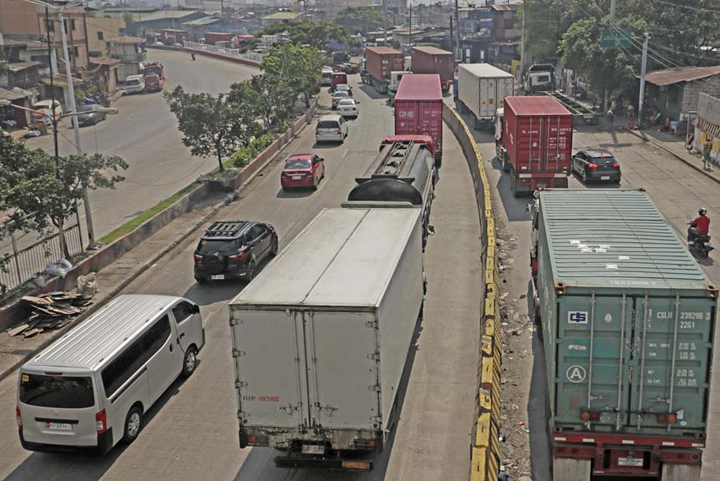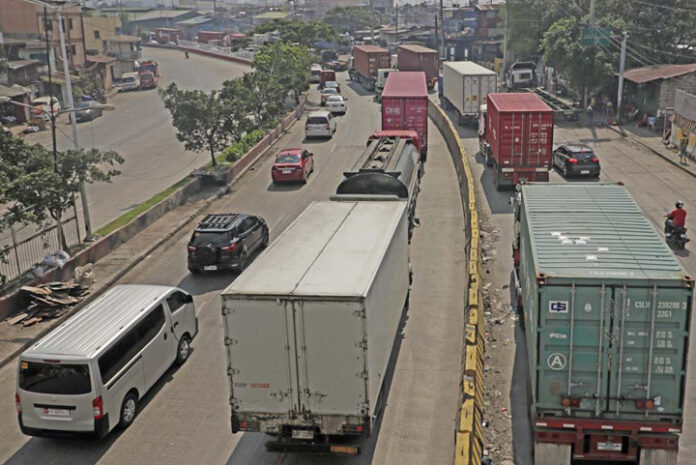
THE government’s growth targets this year may not be achieved due to the reimposition of the Enhanced Community Quarantine (ECQ) and Modified ECQ (MECQ) to control the spike in Covid-19, according to the National Economic and Development Authority (Neda).
In a presentation at the Sulong Pilipinas event on Monday, Socioeconomic Planning Secretary Karl Kendrick T. Chua said GDP growth this year may be lower than the 6.5- to 7.5-percent target range set by the Development Budget Coordination Committee (DBCC).
Chua said, however, that the economy remains on track to return to its prepandemic growth by the middle of 2022. The DBCC target is for GDP to post a growth of 8 to 10 percent next year.
“Our recovery is slated for this year and we will achieve pre-pandemic [growth] level in 2022, middle of 2022. All of these are needed to prevent long-term scarring and productivity losses,” Chua said.
“Although the recent imposition of ECQ and MECQ may lower our growth estimate….we are still early in the year and there is ample opportunity to catch up,” he added.
Chua said any adjustments to the targets by the DBCC may be made after the release of the first quarter performance of the economy next month.
Also speaking in the Pre-Sona economic forum, Bangko Sentral ng Pilipinas (BSP) Governor Benjamin Diokno reiterated that the country’s gross domestic product (GDP) growth will likely trend lower than the current estimates due to the renewed lockdown measures.
Diokno reiterated his personal assessment—a growth range of 6 to 7 percent—but said that they will still deliberate on how the economy will fare in their next forecast setting meeting with other economic managers.
The governor earlier said the reimposition of stricter measures in the country’s capital—along with its neighboring provinces—may affect the pace of the country’s growth trajectory this year.
Catch-up
Meanwhile, Chua said the economy still had eight months to play catch up with its targets by making up for the damage inflicted on the economy by the ECQ and MECQ.
The country’s recovery will be aided by three factors—efforts to manage health risks; the country’s P2-trillion fiscal and monetary packages including the 2021 budget and Bayanihan extension, among others; and the government’s vaccination program.
Chua added that a total of 1.6 million vaccine doses have been administered across A1 to A3 priority groups as of April 21. The A1 priority group is health workers; A2, seniors; and A3, Filipinos with comorbidities.
Based on data from the National Task Force Against Covid-19, at least 1.398 million Filipinos belonging to the A1 to A3 priority groups have received their first dose of the vaccine while some 143,732 have received both their first and second doses.
“While all these quarantine restrictions may affect our GDP, we also see in the first two and a half months better data from trade and employment and we have eight months to go to actually speed up the implementation of our recovery program,” Chua said.
“So we will have to wait for the latest data for the first quarter to make our assessment and we will work hard to ensure that we vaccinate everyone, we speed up the recovery, and have a more risk- managed approach to future lockdowns,” he added.
Apart from these, the government, through the Legislative-Executive Development Advisory Council (Ledac), has recommended priority legislation that needs to be passed by June this year to ensure the country’s recovery.
To-do list
The priority list for June 2021 include the passage of the Government Financial Institutions Unified Initiatives to Distressed Enterprises for Economic Recovery (GUIDE) Act; Package 3 of Comprehensive Tax Reform Package (CTRP) or the Valuation Reform Act; and Package 4 of CTRP or the Passive Income and Financial Intermediary Taxation Act (Pifita).
The list includes amendments to the Public Service Act, Retail Trade Liberalization Act, and Foreign Investments Act as well as passing the Rural Agricultural and Fisheries Development Financing System Act (Agri-Agra); Medical Reserve Corps Act; and Disease Prevention and Control Authority Act.
The list also includes the passage of the Imposing Amusement Tax on Digital Platform and Offshore Betting Stations of Licensed Cockpits; Establishing the Tax Regime of Philippine Offshore Gaming Operators (Pogo); and Strengthening Local Government Participation in National Development by Increasing the Share of Local Government Units in the National Internal Revenue Taxes. With Bianca Cuaresma
Read full article on BusinessMirror

